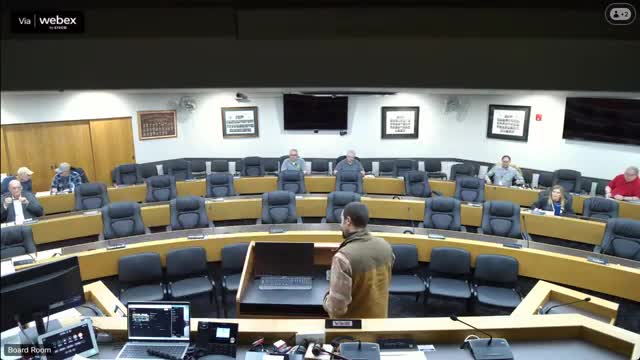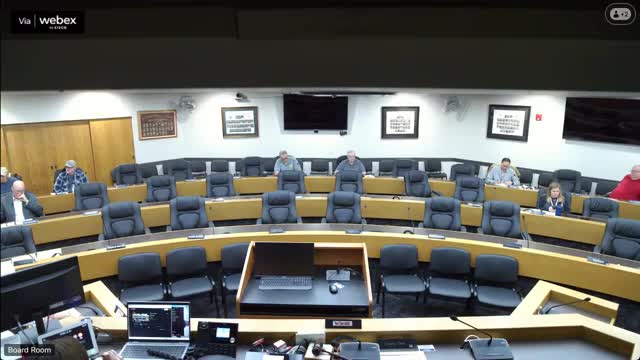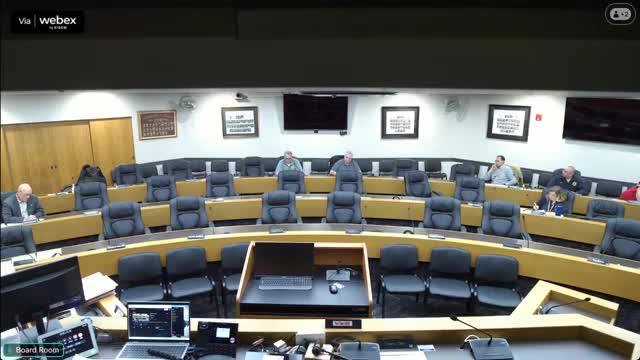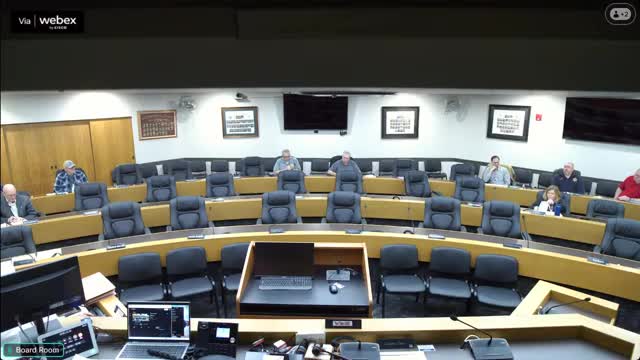Article not found
This article is no longer available. But don't worry—we've gathered other articles that discuss the same topic.

LaSalle County emergency management warns federal reimbursements paused; seeks apron fill, interns and regional recovery partners

Votes at a glance: LaSalle County Public Safety Committee actions

Sheriff’s office reports renovations finished, extra patrols and additional school resource officers

